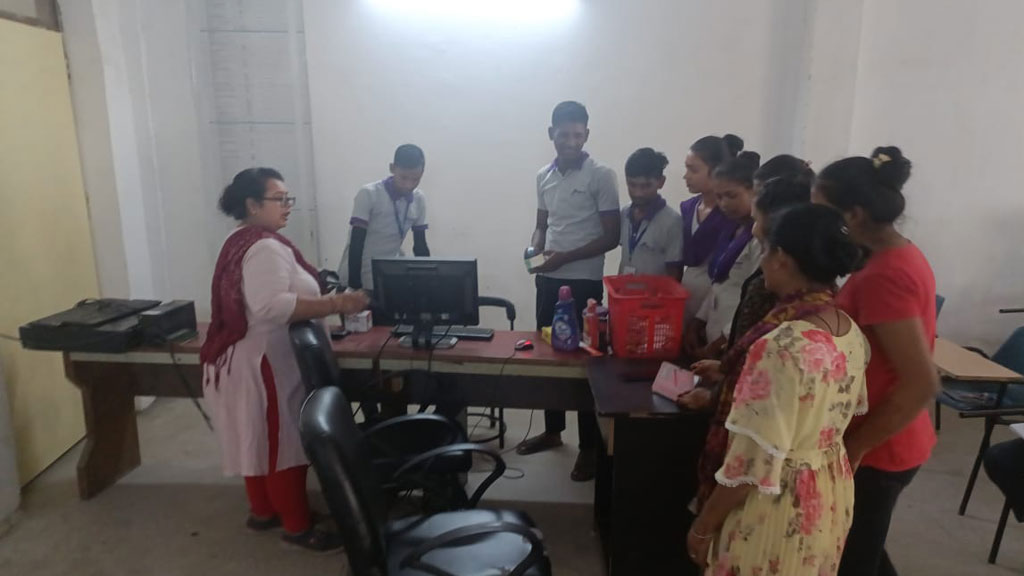In the symphony of societal progress, education serves as the conductor, orchestrating harmonies that resonate across generations. Within this grand composition, Corporate Social Responsibility (CSR) initiatives emerge as instrumental players, contributing to the transformative evolution of educational landscapes. This blog post explores how corporations, through their commitment to CSR, invest in knowledge and play a pivotal role in shaping the educational tapestry.
The Corporate Commitment to Education:
As corporations recognize the pivotal role of education in fostering sustainable development, many are channeling their resources and influence towards initiatives that support this cause. The commitment to CSR in education is a testament to the understanding that investing in knowledge is an investment in the future prosperity of societies.
Building Infrastructure for Learning:
One of the primary ways CSR initiatives shape educational landscapes is by investing in infrastructure. From constructing schools and classrooms to establishing libraries and laboratories, corporations contribute tangibly to creating environments conducive to learning. These initiatives address the foundational need for adequate and accessible educational spaces.
Fostering Access and Inclusivity:
CSR initiatives actively work to break down barriers that hinder access to education. Through scholarship programs, financial aid, and support for marginalized communities, corporations are fostering inclusivity in educational spaces. By investing in access, CSR contributes to a more diverse and representative student population.
Technology as a Catalyst:
The digital age has ushered in a new era of learning, and CSR initiatives are quick to leverage technology. From providing schools with modern learning tools to supporting digital literacy programs, corporations are ensuring that students have access to the technological resources needed to thrive in the 21st century.
Teacher Training and Professional Development:
Recognizing the pivotal role teachers play in shaping the educational experience, CSR initiatives often invest in teacher training and professional development programs. Empowering educators with the necessary skills and resources ensures a higher quality of education and contributes to the overall improvement of educational landscapes.
Encouraging Innovation in Education:
Innovation is a driving force in education, and CSR initiatives often encourage and support inventive approaches to learning. Whether through the implementation of project-based learning, STEAM (Science, Technology, Engineering, Arts, and Mathematics) programs, or other innovative models, corporations contribute to the evolution of educational methodologies.
Addressing Community-Specific Needs:
Educational landscapes vary across regions, and effective CSR initiatives take this into account. By engaging with local communities, understanding their unique needs, and tailoring educational interventions accordingly, corporations ensure that their contributions are relevant, impactful, and sustainable.
Measuring Impact and Accountability:
CSR initiatives in education go beyond the mere allocation of funds; they are committed to making a measurable impact. Rigorous monitoring and evaluation mechanisms are employed to assess the effectiveness of initiatives, ensuring transparency, accountability, and continuous improvement.
A Legacy of Knowledge and Empowerment:
“Investing in Knowledge: How CSR Initiatives Shape Educational Landscapes” signifies more than financial contributions; it signifies a commitment to leaving a lasting legacy of knowledge and empowerment. As corporations continue to invest in education through CSR, they contribute to the shaping of not just individual lives but the collective future of communities and societies. The impact of these investments extends far beyond the classroom, influencing the socio-economic fabric of the world.
Conclusion:
In the grand narrative of societal progress, the chapter on educational landscapes is co-authored by corporations committed to CSR. “Investing in Knowledge” is not just a statement; it’s a declaration of intent to nurture the seeds of knowledge that will, in time, grow into mighty trees of wisdom, shaping a future where education is a universal right and a catalyst for positive change.
- By admin

